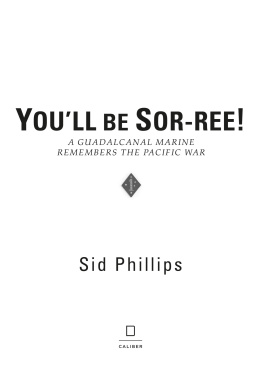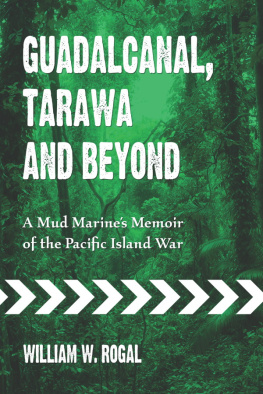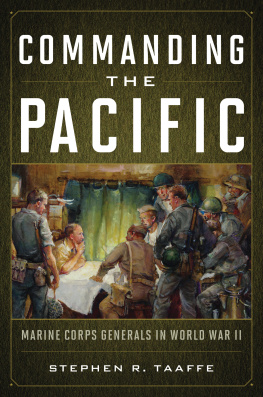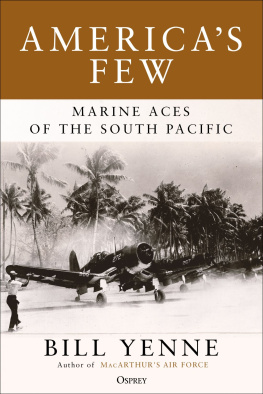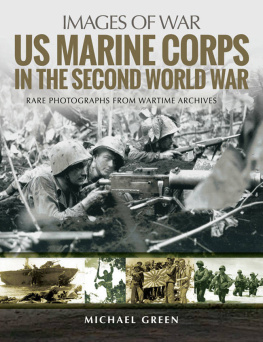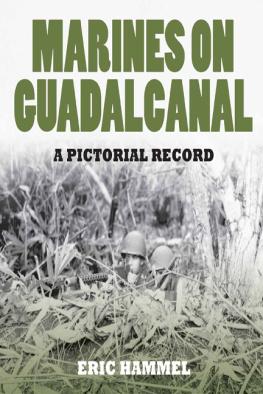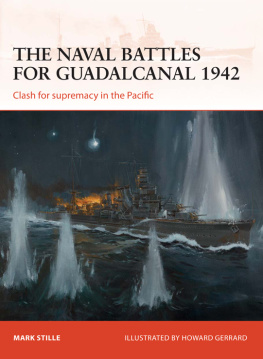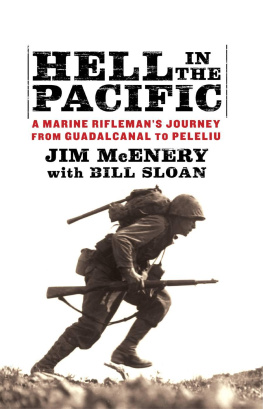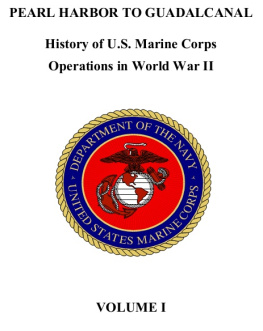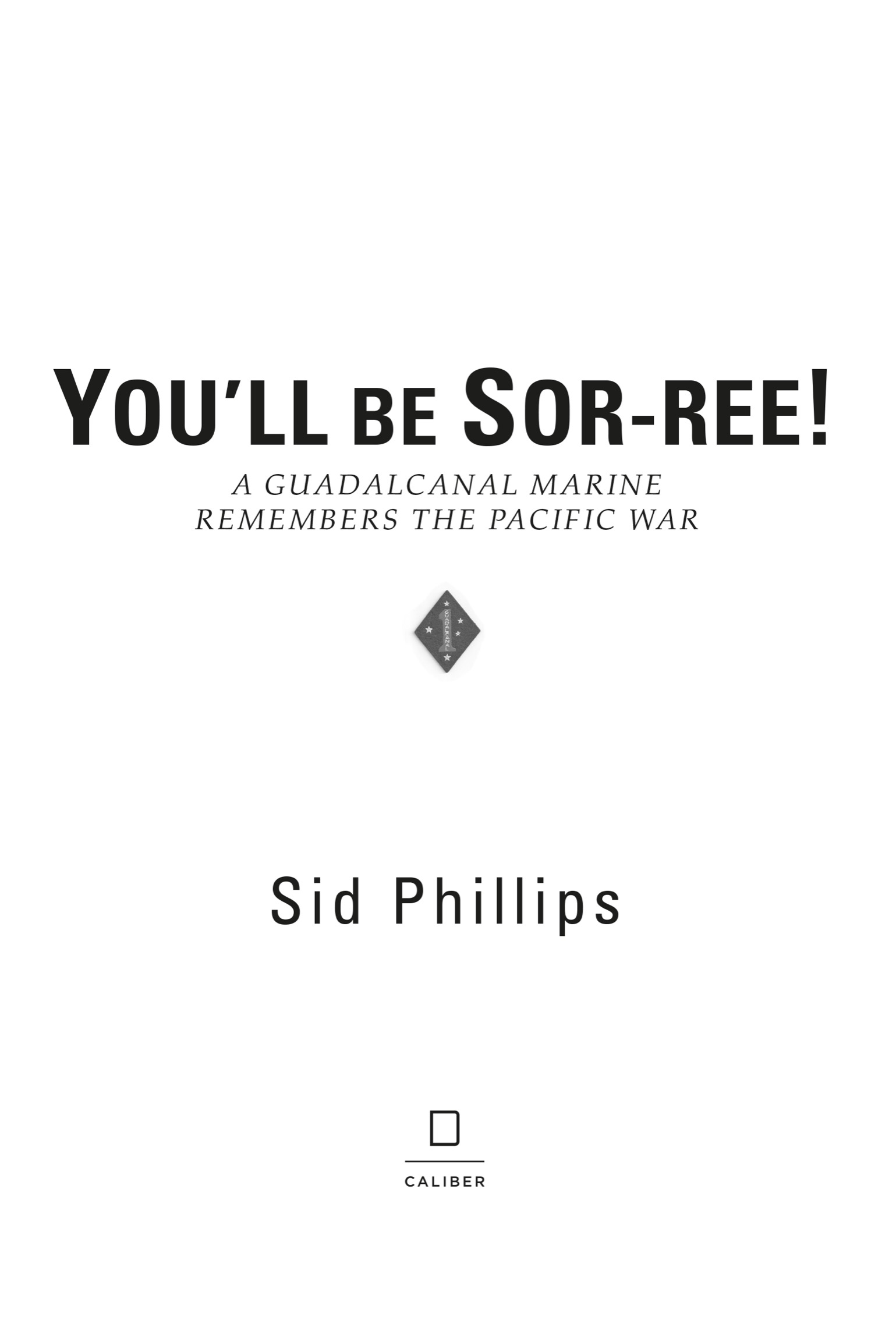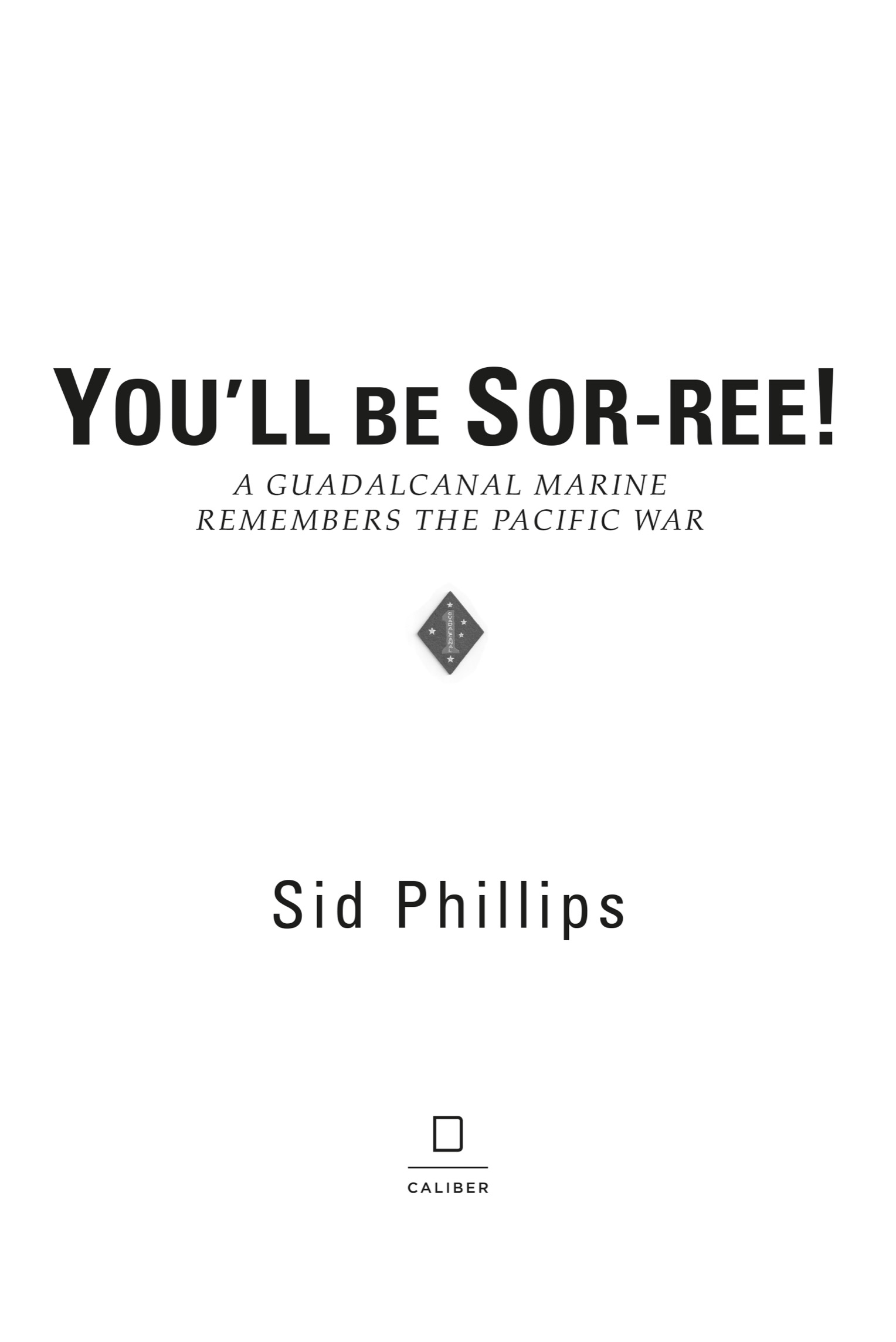Y OULL BE S OR-REE !
Dutton Caliber
An imprint of Penguin Random House LLC
penguinrandomhouse.com
Copyright 2010 by Sid Phillips
Penguin supports copyright. Copyright fuels creativity, encourages diverse voices, promotes free speech, and creates a vibrant culture. Thank you for buying an authorized edition of this book and for complying with copyright laws by not reproducing, scanning, or distributing any part of it in any form without permission. You are supporting writers and allowing Penguin to continue to publish books for every reader.
DUTTON CALIBER is a registered trademark and the D colophon is a trademark of Penguin Random House LLC.
Library of Congress Cataloging-in-Publication Data is available upon request.
PUBLISHING HISTORY
Valor Studios hardcover edition / February 2010
Berkey Caliber trade paperback edition / April 2012
First Dutton Caliber trade paperback printing 2017
Ebook ISBN 9781101561645
While the author has made every effort to provide accurate telephone numbers, Internet addresses, and other contact information at the time of publication, neither the publisher nor the author assumes any responsibility for errors or for changes that occur after publication. Further, the publisher does not have any control over and does not assume any responsibility for author or third-party websites or their content.
Penguin is committed to publishing works of quality and integrity. In that spirit, we are proud to offer this book to our readers, however, the story, the experiences, and the words are the authors alone.
Version_2
To my wonderful family, who
pushed me to write this in the first place.
Preface

I began writing Youll Be Sor-ree! in the year of our Lord 1997, when I was seventy-three years old. As time advanced and I grew a little older and older, my family repeatedly asked me to write down some of my experiences of historical interest concerning World War II. So, I did. When I completed my memoirs in 1998, I printed them in a loosely bound fashion and distributed them to my family. They were received with such astounding enthusiasm that I had to have more copies printed, then more, then more. With each print run, I added new material, corrections, and improvements that have led to the publication of this book.
Since there are many scholarly works and excellent books already in print concerning World War II, I have chosen to simply recall certain events that happened to me, with special emphasis on the humorous ones. In other words, there will be no attempt to compete with all of the good books about the war that are already in existence and there will be little effort to focus on strategy and the big picture.
Any old Marine will quickly recognize this as a collection of sea stories. Therefore, all you have, Dear Reader, is my promise that these pages will be without fictional embellishment insofar as my ancient memory can recall them. This will, most of all, be my effort to show that American humor and nonsense, as much as patriotism and courage, were of vital importance to lift our nation through those dark hours and days of World War II.
Dr. Sidney C. Phillips
Mobile, Alabama
1
W.O. continued to wipe the marble top of the soda fountain in his perpetual way, and then said, Sid, lets go join the Navy in the morning.

Because of the principle of cause and effect, everything must have a beginning, so I shall choose December 7, 1941. Any American old enough to remember can tell you exactly what he or she was doing that day when he or she first heard the news of the bombing of Pearl Harbor. The only exception to that statement that I know of is my wife, Mary, who said she could not remember exactly what she was doing on December 7, 1941, but was probably, Just thinking about boys as usual.
Should I tell you immediately what I was doing or should I first tell you that those were very dark, almost black days for our nation? War was raging in Europe and, thanks to the English Channel and the RAF, Great Britain alone remained unconquered in Europe against the Axis powers (Germany and Italy) and Hitler was winning the Battle of the Atlantic with his submarine navy. America was poorly prepared for war and our pitifully under-strength armed forces had obsolete weapons in all branches with, perhaps, our Navy being a little more modern than our Army. Japan was officially neutral in the European conflict, although she had been at war in China for years and, thus, was industrially geared for war. Russia, as I recall, at that moment in time, seemed to be a very remote and uncertain factor, a known surplus of men with very little else to stop the onslaught of Hitler.
When the attack commenced at Pearl Harbor at 7 a.m. on that fateful Sunday morning, it was 2 p.m. in Mobile, Alabama. We began to get the news of the attack on Sunday afternoon, just minutes after the attack began. I was sitting on a white enameled soda fountain stool in the Albright & Wood drugstore at the corner of Dauphin and Ann streets, drinking a vanilla milkshake and rotating the stool with my body motion, when some lady burst through the side door and screamed Turn on the radio! It is strange how I can remember the floor was of white and black ceramic tiles, each tile about a foot square, arranged in checkerboard design. I had paid a whole nickel for the milkshake that contained three scoops of ice cream instead of the one that it was supposed to, which my good friend W.O. Brown had prepared. W.O. was one of my closest friends and, though still in Murphy High School, worked as a soda jerk whenever he could to make money to help in his very large family. I had finished Murphy High School six months earlier in June 1941, and had a good job downtown in the First National Bank building with the U.S. Engineers as a runner carrying maps between departments. It paid $90 a month, which I was saving to maybe start at Auburn the next year, taking goodness knows what, but getting precious college credits that my parents were constantly reminding my sister and me that we must have. Going to college was understood as the next step in life in our family. Not going was not even an option. Ninety dollars a month was a very good salary for a boy just out of high school in 1941.
The radio announcers were talking about Pearl Harbor on every station and it seemed I was the only person in the drugstore who knew the location of Pearl Harbor. My two uncles were in the regular Navy and Uncle Joe Tucker had been stationed in Pearl Harbor, so I was familiar with the name and could show off by telling the crowd it was in Hawaii. Hawaii in those days seemed about as close as Mars today. The news was not very specific as to the extent of damage, but it became clear the Japanese effort was of major proportion and this could only mean we were in the war. All faces were very grave and nobody said very much. I do recall some ladies started to cry as the radio announcer told us the casualties were in the thousands. W.O. continued to wipe the marble top of the soda fountain in his perpetual way, and then said, Sid, lets go join the Navy in the morning. My response was OK, and I left on my bicycle to go home and be with my family. I recall the sky was clear and the afternoon sunshine very bright as I rode out Brown Street to my home in Monterey Place.

